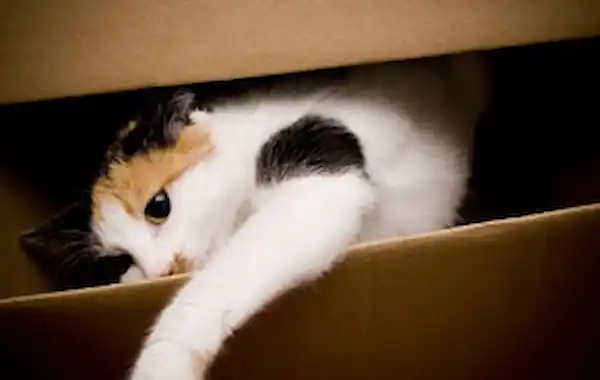What happens before a cat goes into surgery? Vital advice for owners preparing to take their cat for an operation.
None of us enjoy having to put our much-loved pet through a surgical procedure, although we all know that sometimes it is unavoidable.
Almost all pet cats will go through an elective procedure when they are neutered, but sometimes unscheduled interventions become necessary. Top vet Bradley Viner advises you on the steps that are taken:
What happens to cats before surgery?
You will be asked to sign a surgical consent form before your cat is admitted for surgery. The consent form always points out that any surgical procedure can carry a risk, and with something very routine such as neutering, that may be taken 'as read'.
If you are at all unclear about the rules, you should insist on discussing the matter further with the vet in charge of your cat's treatment.
You should also be given some idea of the likely cost of treatment. In some cases this can be accurately predicted, although the cost of dealing with any unexpected complications will always be an unknown.
The exact details of the treatment will depend upon the nature of the surgery and the anaesthetic protocols being used, but this almost always involves a period when food must be withheld (water is often allowed for considerably longer). This prevents food in the stomach from being regurgitated under the anaesthetic, which can cause a life-threatening obstruction to the airway, or an inflammation of the oesophagus which can sometimes lead to a narrowing of that tube and a long-term difficulty in swallowing.
With some procedures, particularly advanced surgery within the chest, drugs are given to paralyze the breathing muscles, so that the breathing can be controlled artificially by the anaesthetist. It is usual in general practice for the anaesthetic to be induced by a vet, and then maintained by an experienced assistant, such as a veterinary nurse. When major surgery is being carried out, it is necessary to take steps to ensure that the cat's vital functions are supported.
Although all vets are qualified to carry out surgery, the actual techniques that they carry out will depend upon their postgraduate training and experience. It may also vary depending upon individual circumstances - such as the urgency of the surgery, the availability of referral services, and the financial resources and preferences of the owner. These are issues that should be discussed openly before major surgery is attempted.







